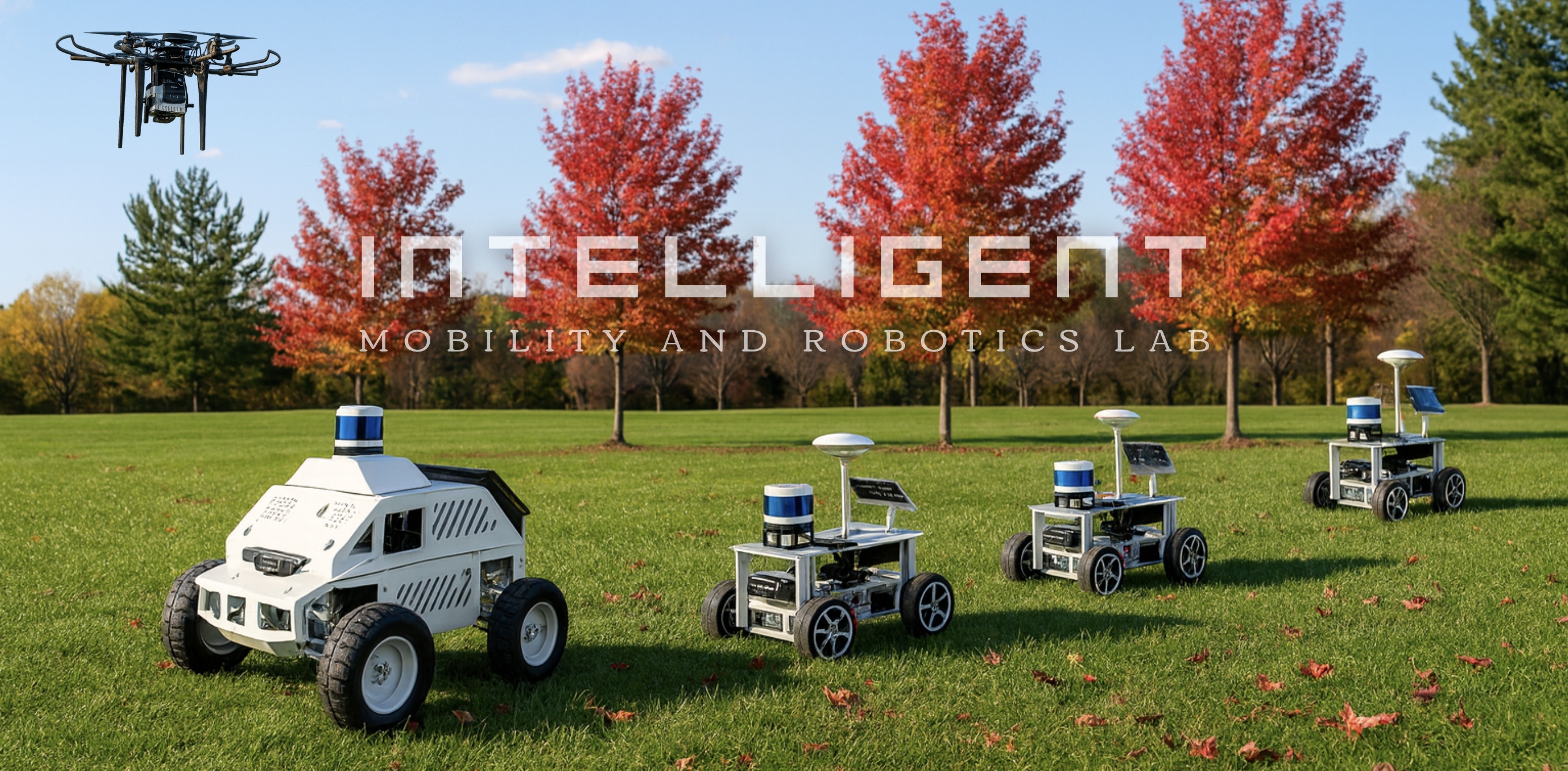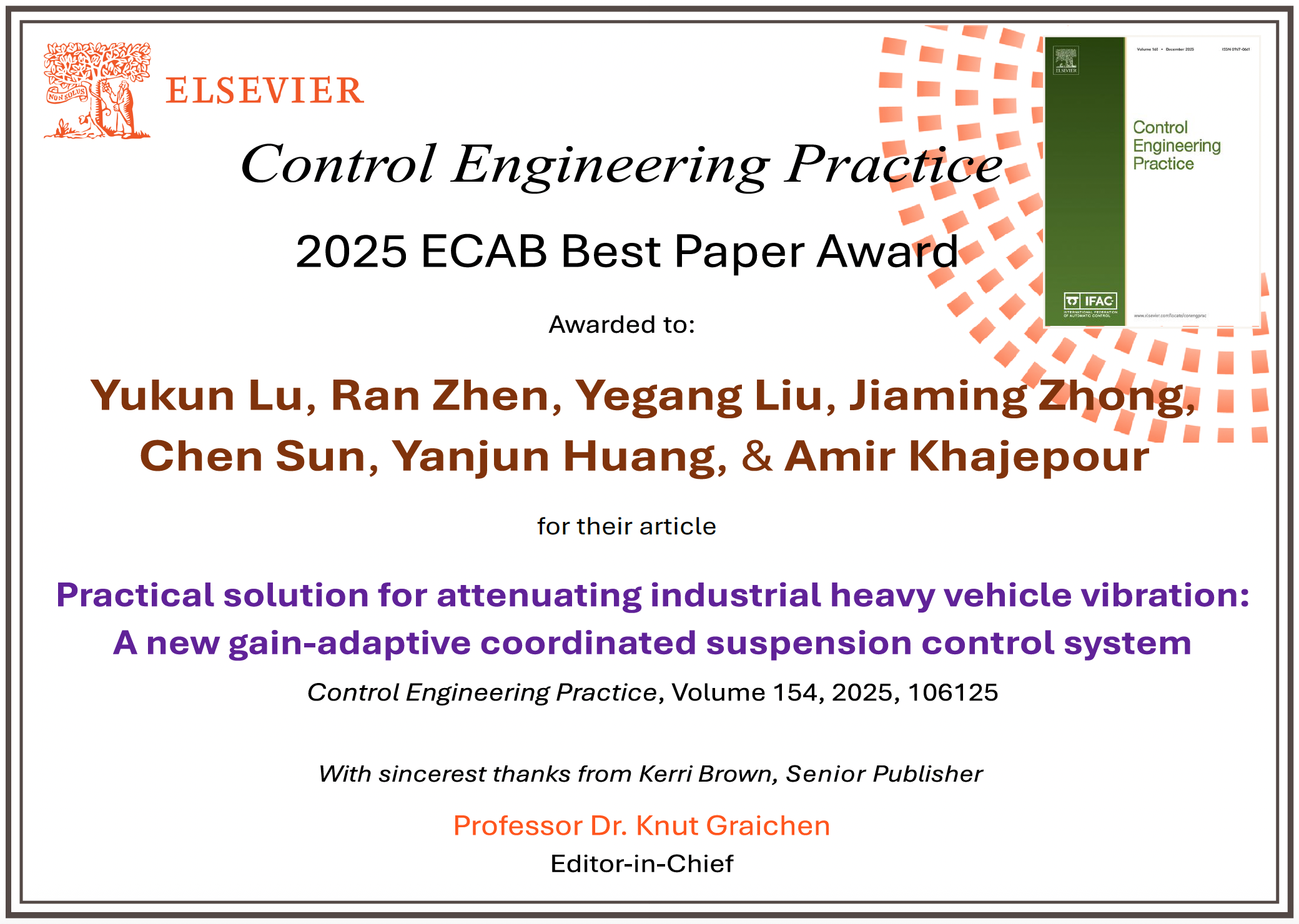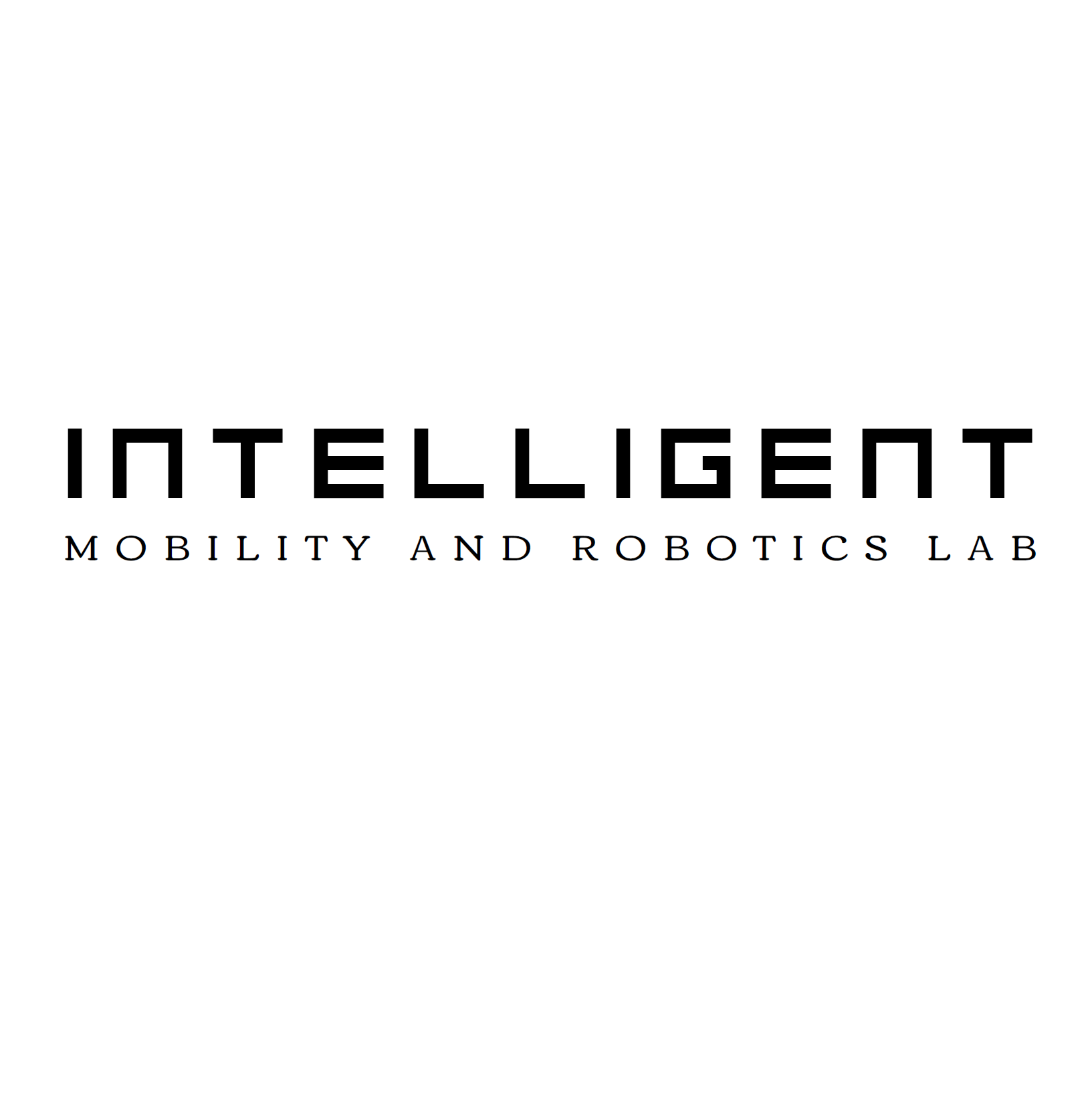
The Intelligent Mobility and Robotics Lab (IMRL), founded by Dr. Yukun Lu, is dedicated to advancing intelligent systems that enhance human well-being, accelerate technological innovation for industry, and serve the broader STEM community.
Dr. Yukun Lu joined the Department of Mechanical Engineering at the University of New Brunswick (UNB) as an Assistant Professor in July 2025, where she founded the Intelligent Mobility and Robotics Lab (IMRL). She also holds an appointment as an Adjunct Assistant Professor at the University of Waterloo and serves as the Faculty Advisor for the UNB Formula Racing Team. She earned her Ph.D. in Mechanical and Mechatronics Engineering from the University of Waterloo in 2023, where she continued as a Postdoctoral Researcher at the Mechatronic Vehicle Systems Lab. She holds a B.Eng. in Vehicle Engineering with a minor in Business Administration, completed in 2018. Her background and future research interests include ground vehicle corner modules, intelligent robotic mobility, human-machine interaction, data-driven learning-based control strategies, vehicle dynamics and control, etc.
News
💰 December 12, 2025, ResearchNB: Our lab is grateful to receive support from ResearchNB’s Academic Startup Fund for the project “Toward Smart Forestry: Semi-Autonomous Platooning Transportation”.
🎉 November 14, 2025, Springboard Atlantic: UNB researcher explores autonomous truck technologies to tackle driver shortage in forestry
🎉 November 12, 2025, UNB News: UNB researcher explores human-in-the-loop autonomous truck technology to solve labour gaps in New Brunswick’s forestry sector

🎉 November 11, 2025, Elsevier: Control Engineering Practice 2025 ECAB Best Paper Award

Open Positions
Please send your CV and research interest to yukun.lu@unb.ca
- MScE and PhD: We welcome applications from students with backgrounds in Mechanical & Mechatronics, Electrical Engineering, or Computer Science who are interested in pursuing graduate studies.
- Postdoctoral Fellow and Visiting Scholar: Candidates with expertise in intelligent mobility, truck platooning, autonomous driving, and tracked vehicles are welcome to apply.
- Research Assistant: Proficient in Python and ROS 2 Humble for robotic platform development and integration.
Female candidates are strongly encouraged to apply!
